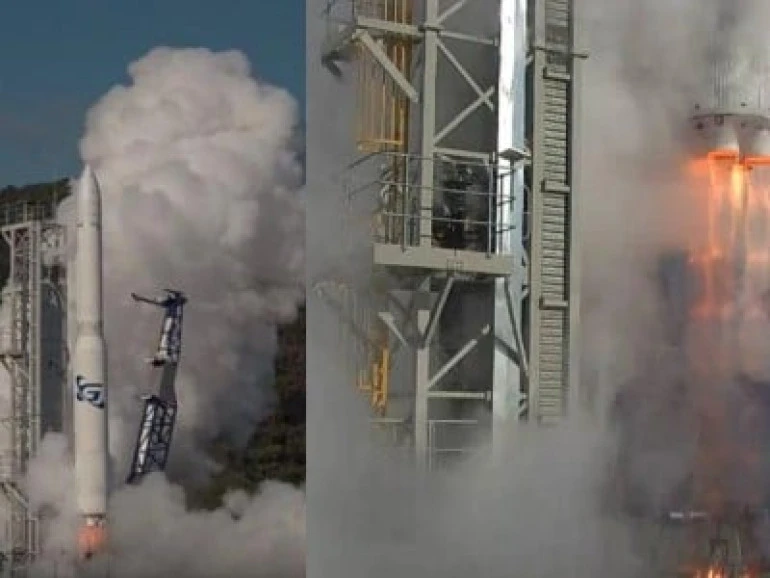Australian cosmic rocket crashed 14 seconds after start



Thousands of Starbucks employees are going to strike at 65 US stores. NBC:
The Pope named his favorite movies
Possible plans for military operations against Venezuela were presented to Trump. CBS News
After his visit to Moscow, Tokaev sent a letter to Putin
The EU will provide funds to ensure gas supply to Ukraine. Reuters:
A new European alliance to curb migration and promote peace in Ukraine. Sijarto
The former prime minister of Georgia was detained in absentia
The plane supposedly carrying Grossi landed in Khrabrovo
Latvia plans to strengthen its eastern border by 2028
Finland has allowed to open the border with Russia at several checkpoints
Zakharova responded to Macron's accusations
China has announced its willingness to deepen military cooperation with the United States
Mertz and Zelensky discussed the investigation into the corruption scandal in Ukraine
The Ministry of Defense of Turkey announced that there was no ammunition in the crashed plane
Lithuania announced the readiness of Latvia and Estonia to close the border with Belarus
The Netherlands has announced that aid to Ukraine depends on the fight against corruption
The Syrian Embassy in London has resumed its activities
The US has imposed sanctions on two Ukrainian companies for helping Iran
Mertz expects Kyiv to actively fight corruption and implement further reforms
Rubio: The US considers the escalation of the situation in the West Bank as a threat to the ceasefire in Gaza